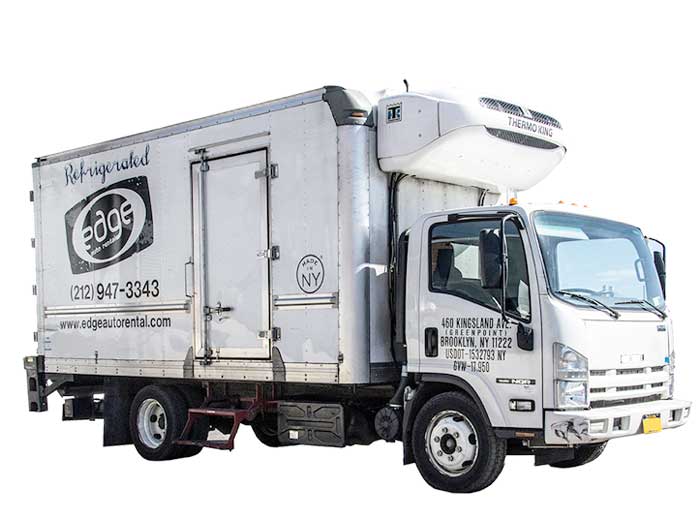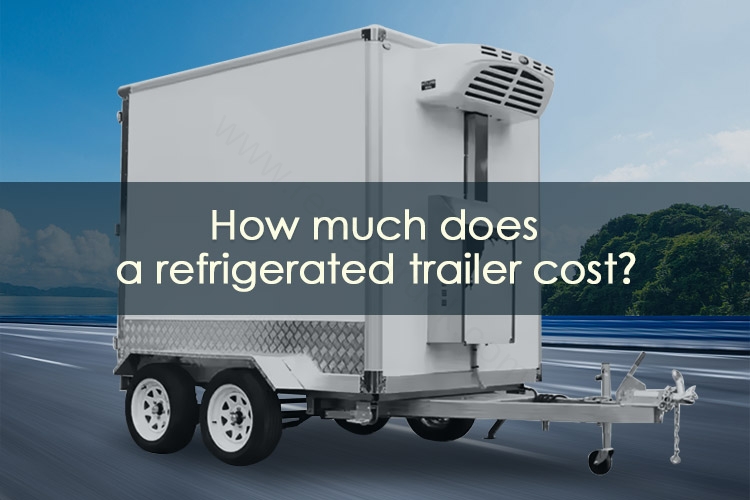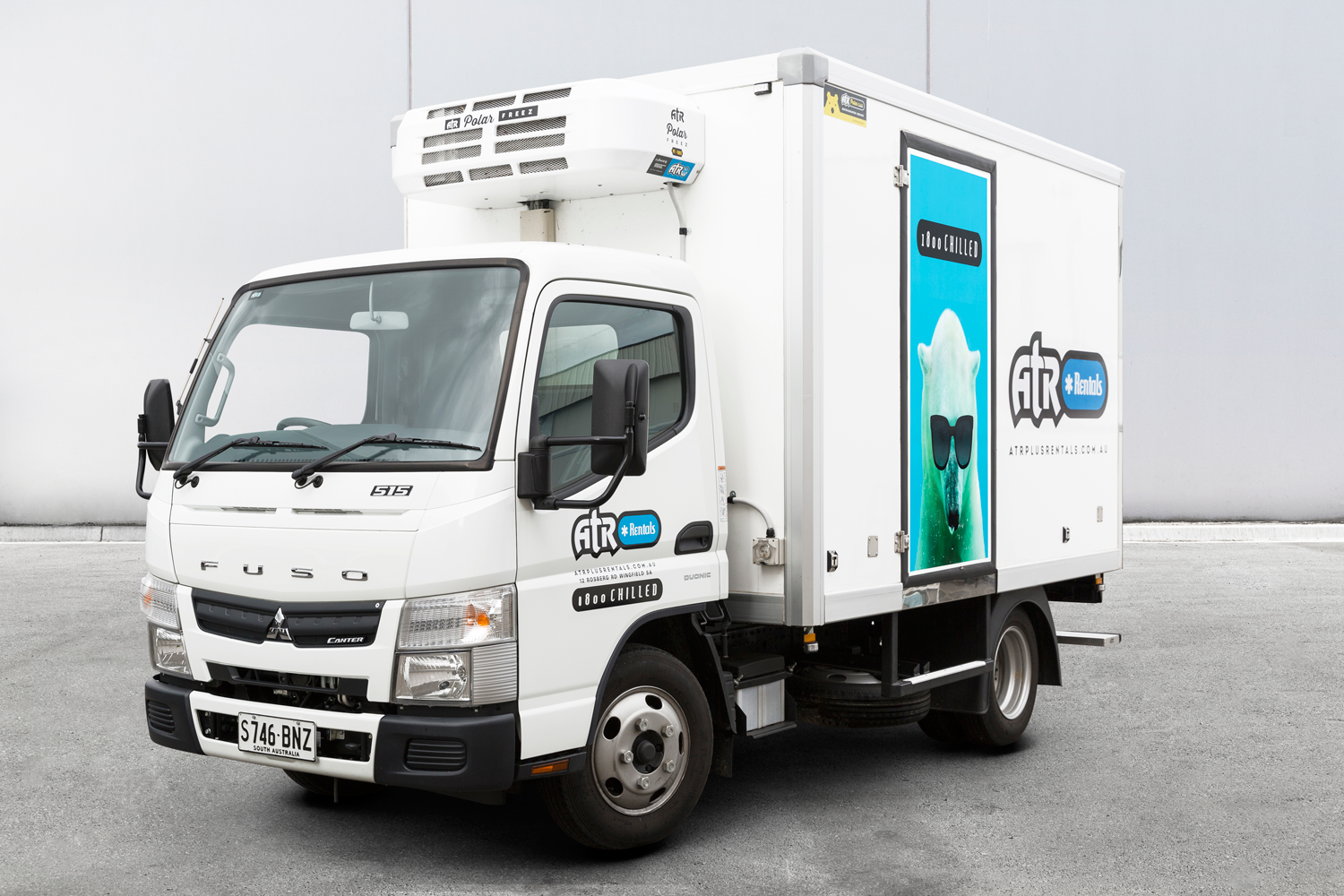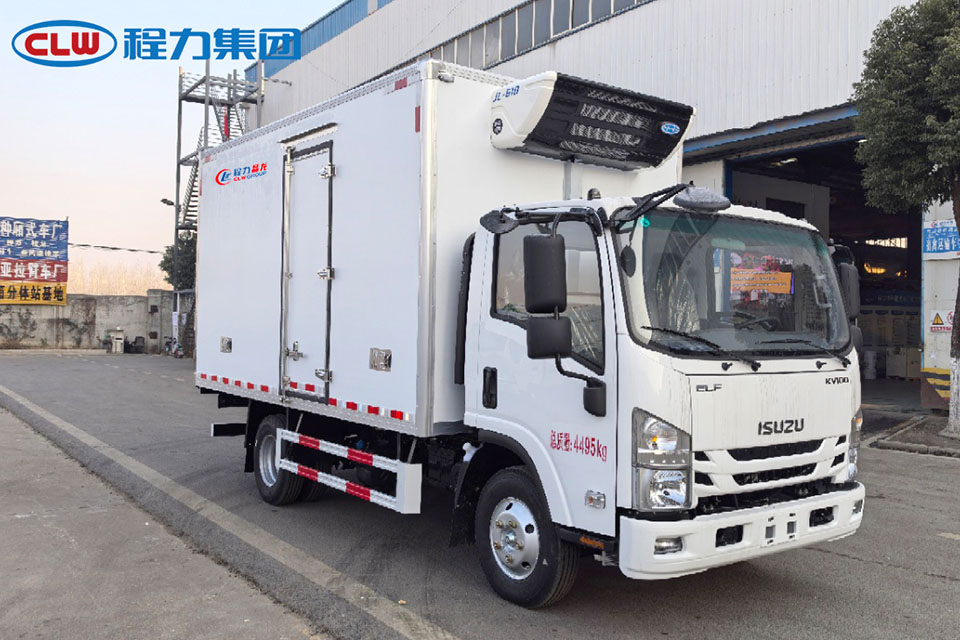How Much Does It Cost To Rent A Refrigerated Truck
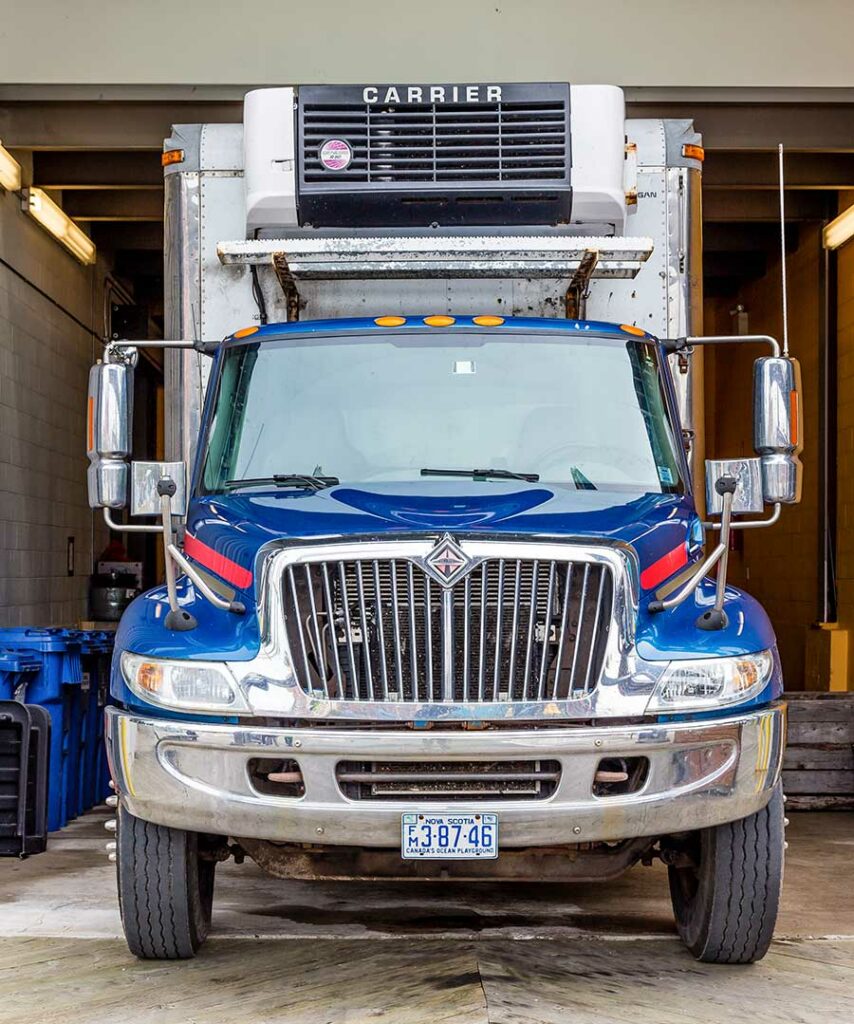
Urgent demand and fluctuating fuel costs are driving volatility in refrigerated truck rental prices. Businesses needing temperature-controlled transportation face a complex and rapidly changing market, demanding immediate action and careful cost assessment.
This report provides a concise breakdown of refrigerated truck rental costs, exploring key factors impacting pricing and offering essential guidance for navigating this challenging landscape.
Refrigerated Truck Rental: A Cost Snapshot
National averages for refrigerated truck rentals currently range from $150 to $500 per day. Weekly rates generally fall between $800 and $2,500, while monthly rentals can range from $2,500 to $8,000 or more. These figures represent a broad spectrum and can vary significantly based on several factors.
Key Cost Drivers: Understanding the Variables
Location plays a crucial role. Metropolitan areas and regions with high demand, such as California and the Northeast, typically experience higher rental rates.
Truck size is another determinant. Smaller refrigerated vans cost less than larger trucks capable of hauling multiple pallets.
Rental duration influences overall cost. Longer rental periods often qualify for discounted rates.
Time of year matters. Peak seasons, like holidays and harvest times, can drive prices up due to increased demand.
Fuel costs contribute significantly. Diesel prices directly impact the total rental expense, especially for long-distance hauls. Fuel surcharges are now commonplace.
Insurance is a mandatory expense. Coverage options and premiums vary depending on the rental company and the type of cargo being transported.
Mileage restrictions can affect the final cost. Some companies impose mileage limits, charging extra for exceeding the allowed distance.
Refrigeration unit type influences costs. Advanced units with precise temperature control may command higher rental fees.
Additional features like liftgates or GPS tracking can add to the rental expense.
Rental Companies: Who to Contact
Several major rental companies operate nationally. Ryder, Penske, and Enterprise Truck Rental are well-known providers.
Local and regional rental companies also offer refrigerated truck options. Comparing quotes from multiple vendors is crucial for securing the best price.
Online marketplaces connect renters with available trucks. Platforms like COOP and Truck Rental Finder can streamline the search process.
Essential Considerations Before Renting
Assess your specific needs carefully. Determine the required truck size, refrigeration capabilities, and rental duration.
Obtain multiple quotes. Compare prices, terms, and available features from different rental companies.
Thoroughly inspect the truck before accepting it. Document any existing damage to avoid being held liable later.
Understand the insurance coverage provided. Ensure it adequately protects your cargo and business.
Clarify mileage restrictions and potential overage charges. Accurately estimate your travel distance to avoid unexpected fees.
Confirm the refrigeration unit's functionality. Verify that it maintains the required temperature range for your cargo.
Review the rental agreement carefully. Pay close attention to cancellation policies, late fees, and other important terms.
Impact of External Factors: Current Trends
The ongoing driver shortage continues to impact transportation costs. Limited driver availability can lead to higher rental rates and scheduling challenges.
Supply chain disruptions are affecting truck availability. Production delays and component shortages can limit the number of trucks available for rent.
Government regulations are adding to compliance costs. Requirements related to emissions and safety can impact rental prices.
Increasing demand for perishable goods is driving up refrigerated transportation needs. The growth of online grocery delivery and meal kit services is fueling demand.
Mitigating Costs: Strategies for Savings
Plan ahead and book in advance. Securing a rental well in advance can often result in lower rates.
Consider off-peak rental periods. Renting during slower seasons or weekdays can save money.
Negotiate with rental companies. Don't be afraid to ask for discounts or special deals.
Optimize routes and minimize mileage. Efficient route planning can reduce fuel consumption and mileage charges.
Explore alternative transportation options. In some cases, using a third-party logistics provider may be more cost-effective.
Maintain accurate temperature logs. Proper documentation can help prevent cargo spoilage and reduce potential losses.
Bundle services to save. Combine truck rental with maintenance and roadside assistance for potential cost savings.
Next Steps: Staying Informed and Prepared
Businesses must actively monitor market trends and rental rates. Staying informed about fluctuations and emerging challenges is essential.
Proactive planning and strategic decision-making are crucial. By carefully assessing needs, comparing options, and implementing cost-saving measures, businesses can effectively manage refrigerated truck rental expenses.
Further updates and analysis will be provided as the market evolves. Real-time data and expert insights will be crucial for navigating this dynamic environment.



